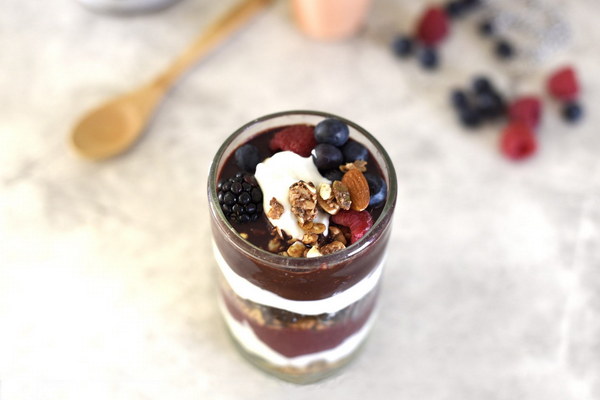Decoding the Liver-Protective Power of Different Coffee Varieties
In recent years, coffee has been celebrated not only for its invigorating effects but also for its potential health benefits. Among the myriad of claims about coffee's positive impacts, one stands out: its ability to protect the liver. But which coffee varieties are truly beneficial for liver health? Let's dive into the science and explore the different types of coffee that may offer liver-protective properties.
The Science Behind Coffee and Liver Health
The liver is a vital organ responsible for filtering blood, detoxifying harmful substances, and metabolizing fats, carbohydrates, and proteins. Chronic liver disease is a significant global health concern, with factors like alcohol abuse, obesity, and non-alcoholic fatty liver disease (NAFLD) being common contributors. Coffee, it seems, has a complex relationship with liver health.
Research has shown that coffee contains a variety of bioactive compounds, including chlorogenic acids, caffeine, and antioxidants, which may contribute to its liver-protective effects. However, the quality and quantity of these compounds can vary significantly depending on the type of coffee consumed.
Arabica Coffee: The Liver's Gentle Brew
Arabica coffee is the most popular type of coffee in the world, favored for its smooth and aromatic flavor. Studies have suggested that Arabica coffee may be particularly beneficial for liver health. A 2017 study published in the journal Hepatology found that regular consumption of Arabica coffee was associated with a lower risk of developing liver cirrhosis, a severe liver disease.
The reason behind this lies in the higher concentration of antioxidants in Arabica coffee. These antioxidants help neutralize harmful free radicals in the liver, reducing oxidative stress and inflammation. Moreover, Arabica coffee contains chlorogenic acids, which have been shown to improve insulin sensitivity and potentially reduce the risk of NAFLD.
Robusta Coffee: The Bold Liver Guardian
Robusta coffee is known for its bold and bitter taste, and it has also been associated with liver health benefits. Unlike Arabica, Robusta coffee has a higher caffeine content and a different profile of bioactive compounds. While it contains fewer antioxidants than Arabica, it offers unique health benefits that can contribute to liver protection.

A study published in the Journal of Nutrition in 2012 found that Robusta coffee consumption was associated with a lower risk of developing liver cirrhosis. This may be due to the presence of cafestol and kahweol, substances found in Robusta coffee that have been shown to have anti-inflammatory and liver-protective properties.
Decaffeinated Coffee: A Safe Bet for Liver Health?
For those who are sensitive to caffeine or prefer to limit their intake, decaffeinated coffee offers a potential alternative. While the decaffeination process may reduce some of the beneficial compounds, decaffeinated coffee still retains many of the liver-protective properties of its caffeinated counterpart.
A 2016 study published in the European Journal of Gastroenterology & Hepatology found that decaffeinated coffee was associated with a lower risk of NAFLD, suggesting that its liver-protective effects are not solely dependent on caffeine. The antioxidants and other bioactive compounds in decaffeinated coffee can still contribute to liver health.
Conclusion: The Coffee-Liver Connection
The evidence suggests that both Arabica and Robusta coffee varieties can offer liver-protective benefits. While Arabica coffee may have a slight edge in terms of antioxidant content, Robusta's unique compounds also contribute to its liver-protective properties. Decaffeinated coffee also emerges as a viable option for those looking to reap the health benefits without the caffeine.
It's important to note that while coffee may offer liver health benefits, it is not a substitute for a healthy lifestyle that includes a balanced diet, regular exercise, and moderation in alcohol consumption. The best approach is to enjoy coffee as part of a holistic health routine, and always consult with a healthcare professional before making significant changes to your diet or lifestyle.









